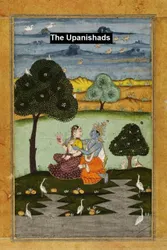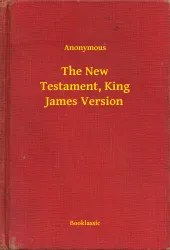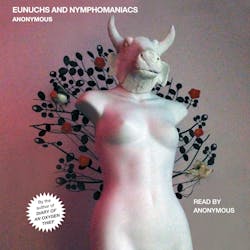The
Iroquois, also known as the
Haudenosaunee or the "People of the Longhouse," are an association of several tribes of Native Americans in North America. After the Iroquoian-speaking peoples coalesced as distinct tribes, based mostly in present-day central and upstate New York, in the 16th century or earlier they came together in an association known today as the
Iroquois League, or the "League of Peace and Power". The original Iroquois League was often known as the Five Nations, as it was composed of the Mohawk, Oneida, Onondaga, Cayuga and Seneca nations. After the Tuscarora nation joined the League in 1722, the Iroquois became known as the Six Nations.
Some 20th century historians have debated whether the Iroquois system of government had any influence on the United States’ development of the Articles of Confederation and Constitution. In 1988, Congress passed a resolution to recognize the influence of the Iroquois League upon the Constitution and Bill of Rights.
Indeed, it is easy to find similarities between the two constitutions. The Iroquois’ constitution -- called the Great Law of Peace -- guaranteed freedom of religion and expression and other rights later embraced in the U.S. Constitution. According to the Iroquois constitution, states were first to solve disputes between them on their own. If resolution efforts failed then the national government would take authority. The Great Law even said the national government should have a commander-in-chief and that person should present a "state of the union" address to the nation,












